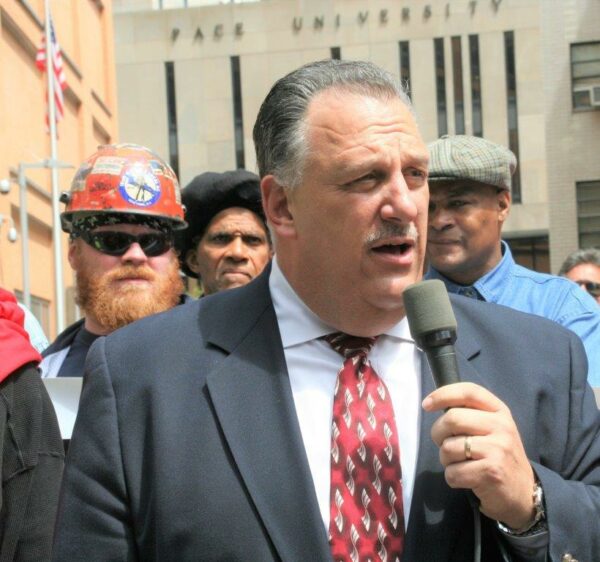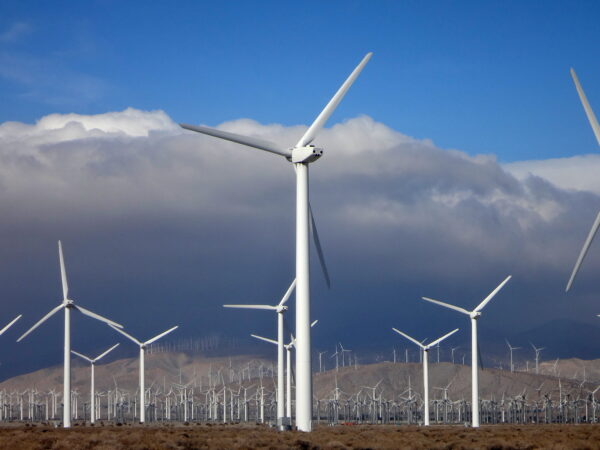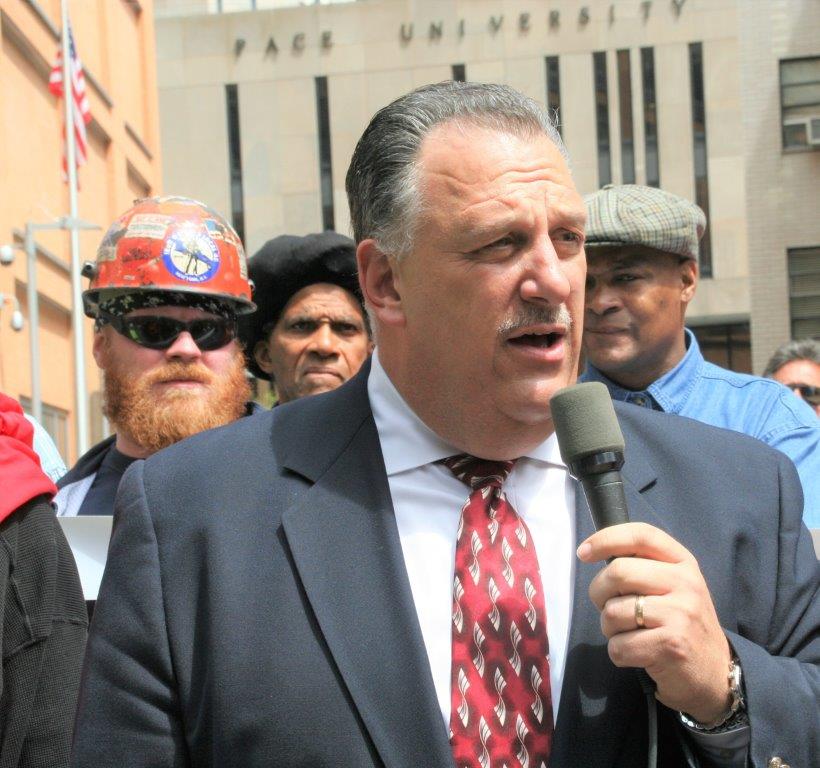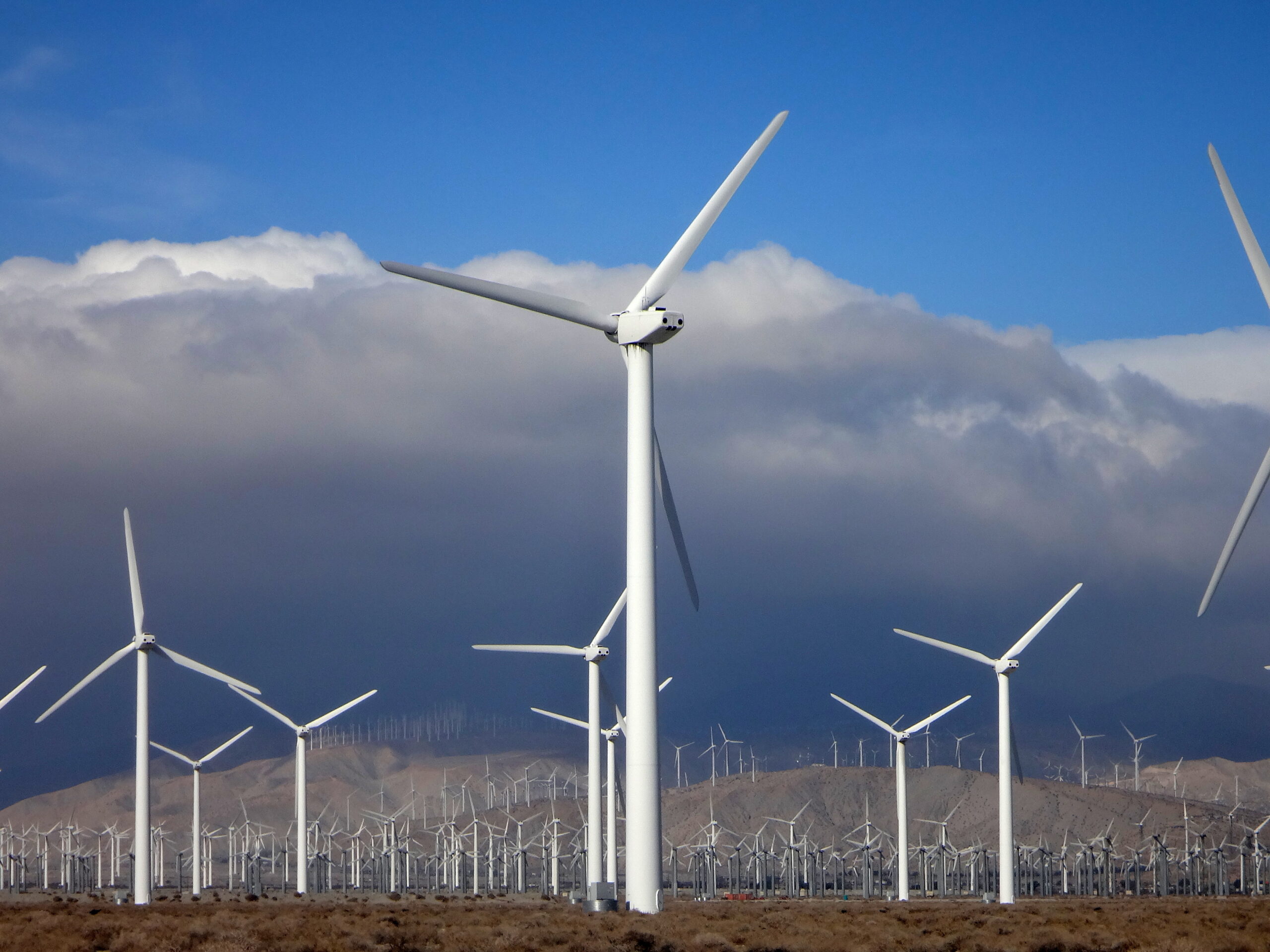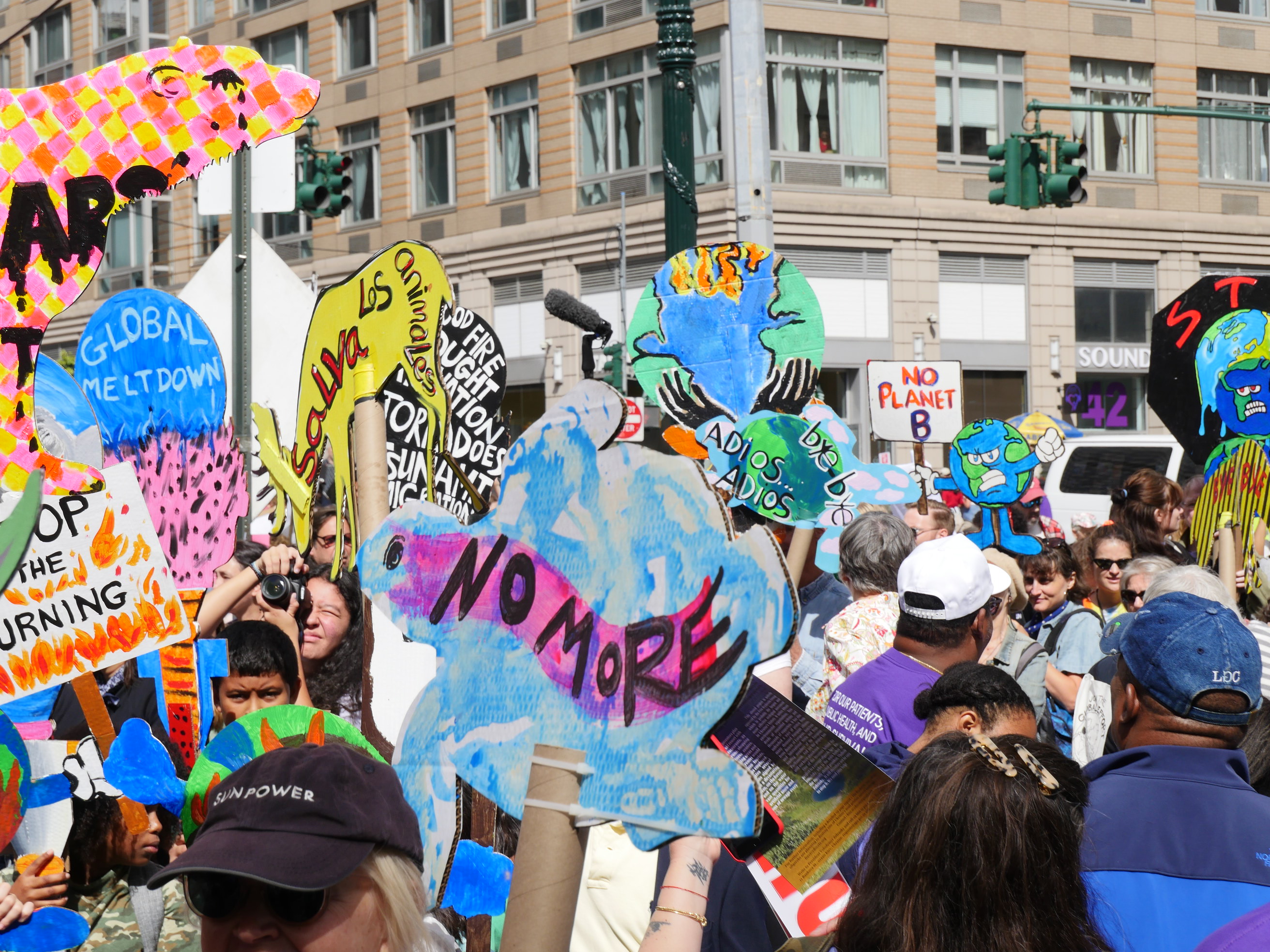
New York, NY – Back in February, the climate change debate took on a new sense of urgency with a report from the United Nation’s Intergovernmental Panel on Climate Change that found the planet’s response was inadequate to insulate vulnerable cities, farms and coastlines from the ravages of climate change including droughts, rising seas, and extreme weather events like wildfires.
Specifically, the researchers determined that in 2019, extreme weather events had forced 13 million people from their homes in Africa and Asia with close to half the world experiencing water supply insecurity at some point in the year.
The New York State Climate Action Council was established back in 2019 with Albany’s passage of the Climate Leadership and Community Protection Act which committed the state to reduce greenhouse gas emissions by 40-percent across the economy by 2030, and “no less than 85-percent by 2050 from 1990 levels.” The Council draft plan calls for a dramatic shift away from the burning of fossil fuels which have been linked to the warming of the earth’s atmosphere and catastrophic climate change. (Listen Below)
PART 1. Point/Counterpoint: John Samuelsen, international president of the Transport Workers Union, believes climate change is a real issue, but says the NYS CAC draft proposal will hurt workers and consumers. Samuelsen offers a plan being offered by Nation al Grid that he’s says can address climate change and keep union workers working. Peter Sikora, is the former director of CWA District One’s legislative and mobilization efforts. He is now working on climate justice issue with New York Communities for Change. He counters that National Grid’s proposal would take the state backwards.
PART 2. Maritza Silva-Farrell, is the executive director of ALIGN, a non-profit alliance between labor unions and marginalized communities focused on the economy and the environment. ALIGN is committed to fighting for good paying union jobs for a green economy that will uplift the communities that also feel the worst of the dislocation from extreme weather events like Sandy.


